Whilst reporting from the Thomson Reuters Foundation fifth annual Trust conference, reporter Maddie Drury bumped into Georgie Campbell, an ambitious young woman with a liberal head on her shoulders. Amongst all the high profile figures at the event, Georgie’s outlook and practical grasp of important issues is an inspiring tale for readers of Voice. Georgie’s experience of a gap year, life as a student and determined outlook are lessons for other young people also aiming to change the humanitarian landscape.
Why did the Trust Conference interest you?
The Trust Conference interested me for a number of reasons. The topics it touches on are, in my opinion, topics that every person of whatever age or background should be interested in. Fundamentally, human trafficking and human rights abuses are attacks on human dignity, and the protection of this dignity is the responsibility of every person on the planet. There is no ‘us’ and ‘them’ in these cases.
The Conference was therefore an incredible (and incredibly rare) opportunity to be able to discuss and debate these issues with global experts. The delegates of the conference are not only some of the best educated and informed people on these topics, but many have first-hand experience and a much larger capacity to instigate change than you or I (at the moment…give us a few years!). To speak to these people, learn from their stories, heed their advice, and get an insight into what needs to change and how that will happen was rare and memorable.
What did you learn from the conference and how are you planning to take this on in life?
I learnt the importance of intersectionality when fighting for social justice. This pools resources, expertise and public awareness and is probably the best way to raise further public awareness of these issues. This is obviously something that will be really applicable for whatever career I end up in- utilising all resources I have available to me and co-operating with others produces the best results
More specifically, I learnt about the full extent of the human trafficking industry- its obscene wealth, mammoth networks and horrendous environmental impact. Behind all of this obviously lies vast human rights abuses, particularly on some of the world’s most vulnerable girls and women. I was shocked to realise, probably for the first time in my life, the extent of the demand and this totally baffled and saddened me.
I learnt a lot more than this but I would talk about it for days so I’ll stop there I think.
At Voice we are exploring different paths for young people after they finish compulsory education. It’s been two years since you took a gap year, why did you take the time out?
I always knew that I wanted to take a gap year and go to university after. Two of my sisters had done the same thing and so it didn’t seem as odd a decision as I think some people feel it is. To be honest I think that by the end of school I was quite tired and just needed an academic break. I knew that if I went straight to university I wouldn’t be excited and it would feel like a chore (an expensive chore at that!). So the prospect of taking a year out to travel around parts of the world was a no-brainer. Time to grow up and explore.
What did you get up to on your gap year?
I spent the first 7 months of my gap year working as a teaching assistant at a primary school in London (where I am originally from). Because of this my weeks were fairly structured, working five days a week and then having the weekends to go out with friends etc. I do think I underestimated how lonely and unsettling this initial period can be, and I wish someone had warned me of this before. I think that going from being surrounded by your friends all day every day to suddenly being a ‘real’ adult can be quite a shock to the system.
After this I went travelling for five months: Australia (down the east coast), Vietnam, Cambodia, Laos and Sri Lanka. Whilst I liked Australia and South East Asia I don’t think they were really my cup of tea. Australia was aesthetically beautiful but I found the culture to be a little ‘laddish’. Vietnam and Cambodia are so historically rich that they make really interesting destinations, plus they're really cheap so can be good for people travelling on a tight budget. I would say, however, that I found these countries a bit frustrating because their tourist industries are so entrenched and commercialised (and they’re languages so impenetrable for English-speakers only there for a few months) that I found it hard to meet locals, get off the well-trodden tourist path and get under the skin of the country.
I can’t really say too much for Laos as I woke up on my first day there with dysentery and salmonella so spent the next two weeks in and out of hospital recovering (not the finest moment of my trip). Sri Lanka was by far my highlight: the country is beautiful and has so much variety in landscape over such a small geographical distance. You realistically could visit beaches, go on a safari, walk in the tea plantations, wander in the cities and do everything in between in a really short time. The food is also incredible (I am a vegan so their focus of veggies was so great)- I can’t recommend it enough!
You did eventually choose to go to University. Why did you choose to study History?
As I said, I was actually always sure that I wanted to go to University. It was an expectation in where I grew up so I never really questioned the idea. When it came to picking what I wanted to study I chose history not because it was my best subject (which is definitely wasn’t…It was actually my worst!) but because I knew that I could never get bored of learning about different cultures in different times. My degree is fundamentally learning about people and their relationships and communities- who couldn't find that interesting! Take today for example: I have just been reading back over an essay I wrote on the Iranian Women’s Movement in the 1970s, whilst planning my next one on British society and recruitment during the First World War, and organising volunteering at an Afro-Asian historical festival.
What are your plans for the future?
In the long term I want to study postgraduate medicine after my history degree and become some sort of doctor (potentially something in paediatrics, although it’s too early to really tell). I would love to spend some time working for Medecins Sans Frontieres or something similar in the future, when I have learnt the skills that will be most useful to them. In the distant future I want to find an intersection between medicine and human rights, so probably something concerning global health. Interestingly, I was sat next to a woman at Trust Conference who runs the UN health programme across the whole of northern Iraq- that gets me really excited! Again, it's way too early to tell but I ultimately just want to have a job where I can help people on a global scale. Lets see what happens!

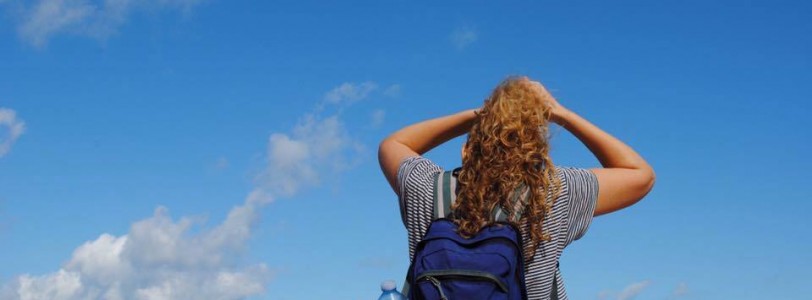
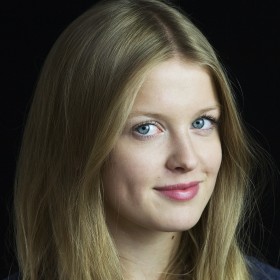
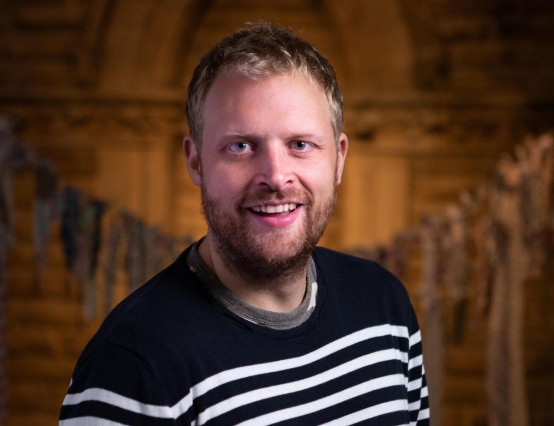
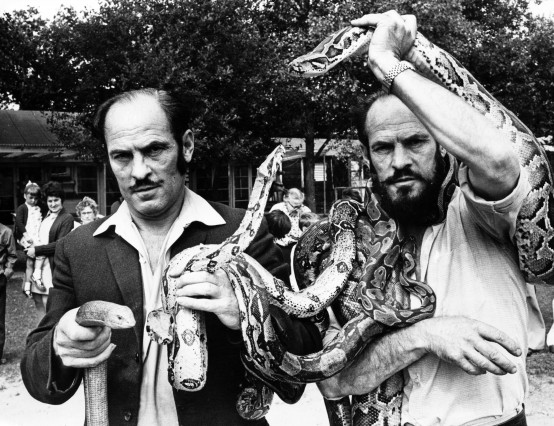
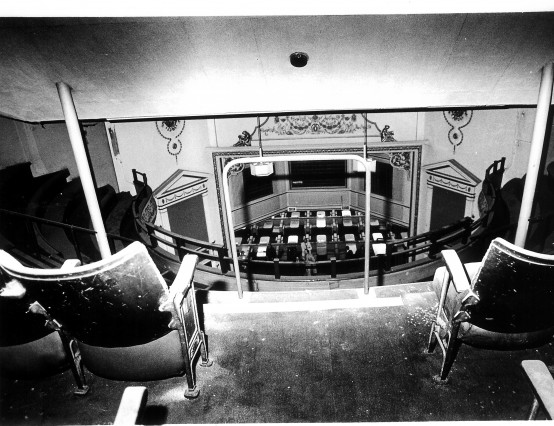


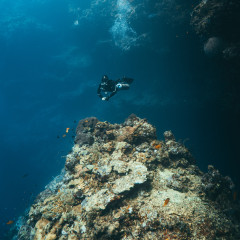
0 Comments